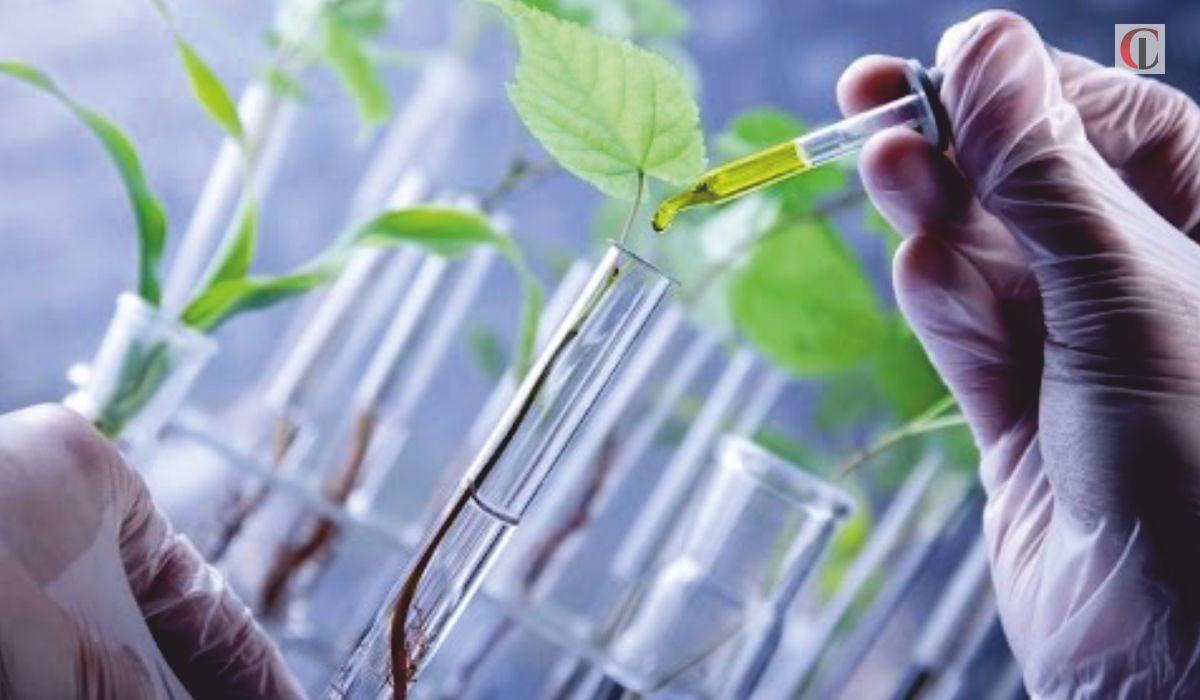
Biotechnology and Genomics: Revolutionizing Healthcare and Agriculture
By Adedayo Oyetoke, Published on: May 19th 2023 4 min, 640 word Views: 1097
Biotechnology and genomics are two fields that have the potential to revolutionise healthcare and agriculture. As someone who is interested in exploring the potential of biotechnology and genomics, I believe that these fields offer exciting opportunities for innovation and progress.
The Potential of Biotechnology in Healthcare
Biotechnology has the potential to transform healthcare by enabling the development of new treatments and therapies that are more effective and targeted than traditional approaches. One example of this is the development of biologics, which are drugs that are produced using living cells and are designed to target specific disease pathways.
Another area where biotechnology is making significant progress is in the field of gene therapy. Gene therapy involves the use of genetic material to treat or prevent disease and has the potential to cure genetic disorders and other diseases that are currently difficult to treat.
In addition to these approaches, biotechnology is also being used to develop new diagnostic tools and technologies that can help improve the accuracy and speed of disease diagnosis. This includes the development of new imaging technologies, such as magnetic resonance imaging (MRI) and positron emission tomography (PET), as well as new diagnostic tests that can detect diseases at an earlier stage.
The Potential of Genomics in Agriculture
Genomics is also a field with significant potential, particularly in the area of agriculture. By using genomics to better understand the genetic makeup of crops and livestock, we can develop new breeding strategies and technologies that can help improve crop yields, reduce disease, and increase the efficiency of livestock production.
One example of this is the development of genetically modified crops, which are designed to be more resistant to pests and disease and to require less water and fertiliser. These crops have the potential to increase food production and reduce the environmental impact of agriculture.
Another area where genomics is making significant progress is in the development of precision agriculture. Precision agriculture involves the use of data and technology to optimise crop yields and reduce waste by providing farmers with real-time information about soil conditions, weather patterns, and other factors that can impact crop growth.
The Importance of Ethical Considerations in Biotechnology and Genomics
While biotechnology and genomics offer exciting opportunities for innovation and progress, they also raise important ethical questions about their impact on society and individuals. This includes questions about the safety and efficacy of new treatments and therapies, as well as concerns about the potential for genetic discrimination and other forms of misuse.
To address these ethical considerations, it is important to prioritize the development and implementation of ethical frameworks and guidelines that can help guide decision-making and ensure that biotechnology and genomics are used in a way that is consistent with our values and principles.
The Role of Collaboration in Biotechnology and Genomics
Achieving meaningful progress in biotechnology and genomics requires collaboration and partnership across sectors and stakeholders. This includes collaboration between researchers, industry, government, and civil society organizations, as well as engagement with the public and other stakeholders.
One example of successful collaboration in biotechnology and genomics is the Human Genome Project, which brought together researchers from around the world to map the human genome. This project has helped advance our understanding of genetics and has paved the way for new treatments and therapies.
Conclusion
Biotechnology and genomics offer exciting opportunities for innovation and progress in healthcare and agriculture. By prioritizing the development and implementation of ethical frameworks and guidelines, promoting collaboration and partnership across sectors, and ensuring that these technologies are used in a way that is consistent with our values and principles, we can create a more equitable and sustainable future for all. As we continue to explore the potential of biotechnology and genomics, we must remain mindful of the ethical implications and work together to ensure that these technologies are used responsibly and for the benefit of all.
